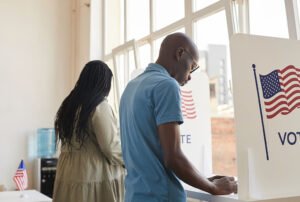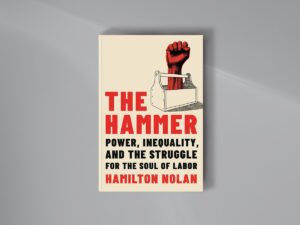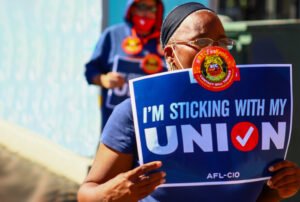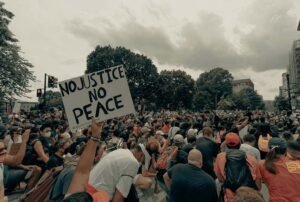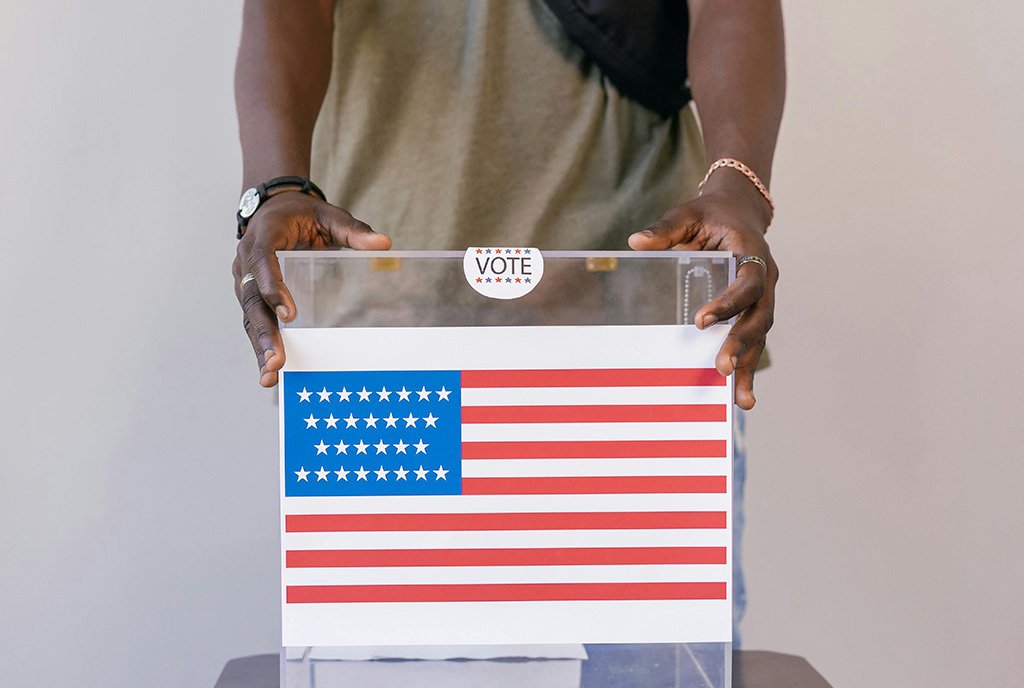January 15, 2014; The BLT (The Legal Times)
Tucked away in the appropriations legislation was a surprising item. Not great news, but an unexpected upward turn in the financial condition of the Legal Services Corporation. LSC got back $25 million in FY2014 that it had lost the previous year, essentially restoring a seven percent cut in the budget that helps support 134 local legal aid agencies. In perhaps an even more surprising turn, Rep. Frank Wolf (R-VA) got the appropriation to include $2.5 million for a new LSC program, a fund to spur innovative projects that promote and enhance pro bono legal assistance.
Good news, but not enough to undo the cuts that, since 2010, have caused the layoffs of more than 1,000 staff and the closings of 30 legal services offices around the country. Back in 2010, the LSC budget reached its high point of $420 million. As of this appropriations bill, LSC will get $365 million, although the Legal Services Corporation had requested $486 million and the White House recommended $430 million.
Sign up for our free newsletters
Subscribe to NPQ's newsletters to have our top stories delivered directly to your inbox.
By signing up, you agree to our privacy policy and terms of use, and to receive messages from NPQ and our partners.
Legal aid offices affiliated with LSC provide civil law assistance to the poor. They are very restricted in terms of the kinds of cases they can take on, which makes the availability of outside funding and pro bono legal assistance important avenues for defending the legal interests of poor people.
Frequently, LSC-affiliated programs have to be supplemented by the efforts of other nonprofits. For example, in New Jersey, Volunteer Lawyers for Justice, a 501(c)(3) using volunteer attorneys from the likes of Patton Boggs and McCarter & English, will undertake free legal clinics, supported by foundations such as the Robin Hood Foundation, to help low-income people in the state address FEMA, insurance, and mortgage problems related to Superstorm Sandy. On Martin Luther King Day this past week, the Alaska Bar Association joined with the Alaska affiliate of LSC to offer free legal consultations at a one-day clinic, the fourth year of these free one-day clinics that have served over 1,200 clients since they started.
One has to admire the pro bono activities of big, expensive law firms such as Patton Boggs and the philanthropic generosity of the Robin Hood Foundation, but the free legal clinics feel a lot like free health clinics. The latter have an unfortunately large and continuing role because of the Affordable Care Act’s limitations regarding who gets coverage, and the free legal clinics are similar. Because of constraints in LSC’s mandate that go back to the Clinton administration, comprehensively effective legal representation for the poor in civil law cases requires the supplemental activities of pro bono lawyers and foundation-supported free clinics. LSC lawyers are known for their dedication and perseverance, but the hurdles and roadblocks that stymie some LSC activities necessitate volunteer and philanthropic responses—and a restoration of lost LSC budget authority wouldn’t hurt either. –Rick Cohen


